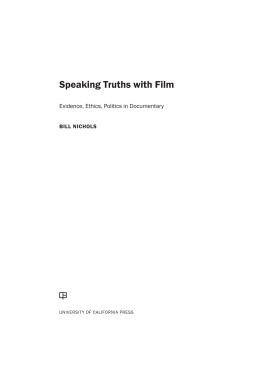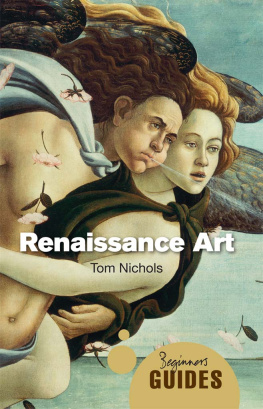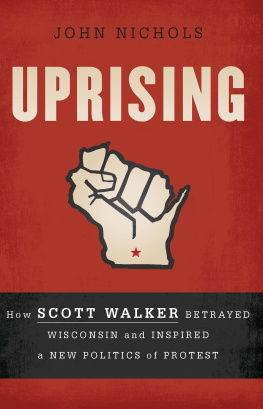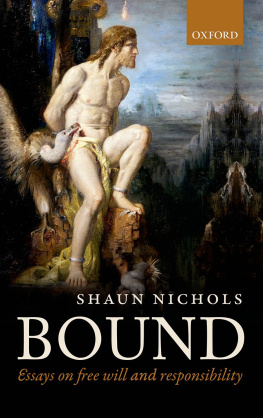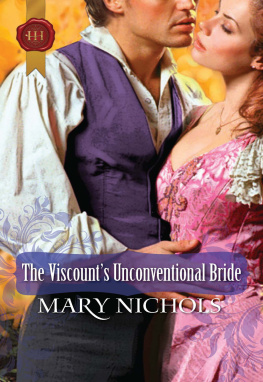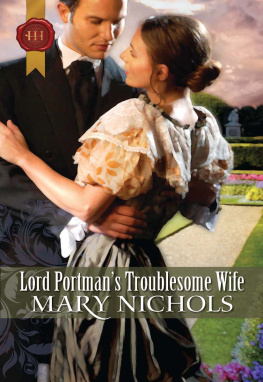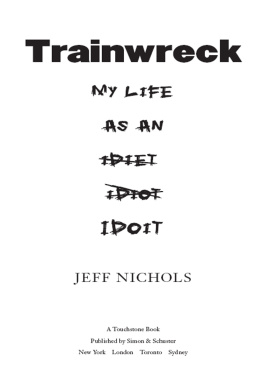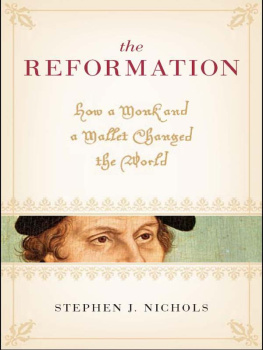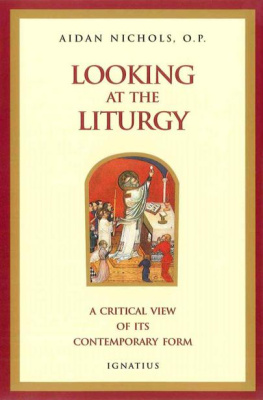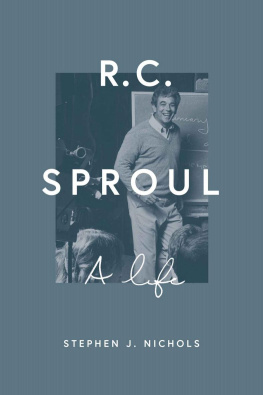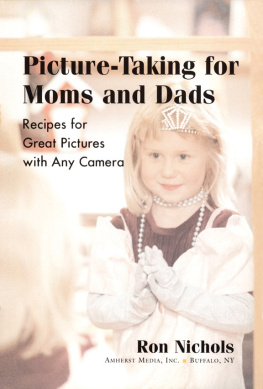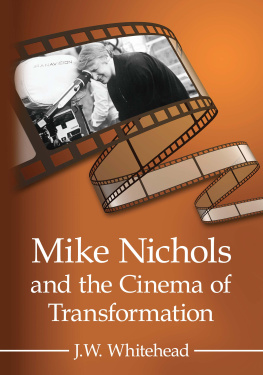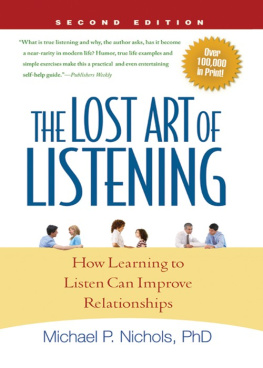Nichols - Speaking Truths with Film
Here you can read online Nichols - Speaking Truths with Film full text of the book (entire story) in english for free. Download pdf and epub, get meaning, cover and reviews about this ebook. publisher: University of California Press, genre: Politics. Description of the work, (preface) as well as reviews are available. Best literature library LitArk.com created for fans of good reading and offers a wide selection of genres:
Romance novel
Science fiction
Adventure
Detective
Science
History
Home and family
Prose
Art
Politics
Computer
Non-fiction
Religion
Business
Children
Humor
Choose a favorite category and find really read worthwhile books. Enjoy immersion in the world of imagination, feel the emotions of the characters or learn something new for yourself, make an fascinating discovery.
Speaking Truths with Film: summary, description and annotation
We offer to read an annotation, description, summary or preface (depends on what the author of the book "Speaking Truths with Film" wrote himself). If you haven't found the necessary information about the book — write in the comments, we will try to find it.
Speaking Truths with Film — read online for free the complete book (whole text) full work
Below is the text of the book, divided by pages. System saving the place of the last page read, allows you to conveniently read the book "Speaking Truths with Film" online for free, without having to search again every time where you left off. Put a bookmark, and you can go to the page where you finished reading at any time.
Font size:
Interval:
Bookmark:

BILL NICHOLS

UNIVERSITY OF CALIFORNIA PRESS
University of California Press, one of the most distinguished university presses in the United States, enriches lives around the world by advancing scholarship in the humanities, social sciences, and natural sciences. Its activities are supported by the UC Press Foundation and by philanthropic contributions from individuals and institutions. For more information, visit www.ucpress.edu.
University of California Press
Oakland, California
2016 by The Regents of the University of California
Library of Congress Cataloging-in-Publication Data
Names: Nichols, Bill, author.
Title: Speaking truths with film : evidence, ethics, politics in documentary / Bill Nichols.
Description: Oakland, California : University of California Press, [2016] | 2016 Includes bibliographical references and index.
Identifiers: LCCN 2015045232 | ISBN 9780520290396 (cloth : alk. paper) | ISBN 9780520290402 (pbk. : alk. paper) | ISBN 9780520964587 (ebook)
Subjects: LCSH : Documentary filmsHistory and criticism.
Classification: LCC PN 1995.9.D6 N5425 2016 | DDC 070.1/8dc23
LC record available at http://lccn.loc.gov/2015045232
Manufactured in the United States of America
25 24 23 22 21 20 19 18 17 16
10 9 8 7 6 5 4 3 2 1
In keeping with a commitment to support environmentally responsible and sustainable printing practices, UC Press has printed this book on Natures Natural, a fiber that contains 30% post-consumer waste and meets the minimum requirements of ANSI/NISO Z 39.481992 ( R 1997) ( Permanence of Paper ).
For Victoria Costello, an inspiring presence in my life
This book is a selective collection of essays spanning more than forty years of writing about documentary film. It brings together work that arose from a variety of circumstances, most notably graduate seminars on selected topics in documentary and various invitations to present lectures. The essays complement my three books on the documentary film. As a whole they explore issues of documentary form, structure, and aesthetics; the question of ethics and how standards and conventions can be both honored and productively violated; evidence and how it is constructed and used; and politics as a vital dimension to the documentary form. Each Part features two major essays that explore the key issues and stand in a complementary or contrapuntal relation to each other. These issues receive additional elaboration in the Further Reflections segments, which consist of shorter, more occasional pieces that take up more local or specific questions and films.
This book is not designed primarily as a textbook though it certainly can be used as one. It is also not a monograph that systematically examines the topics identified, nor is it a comprehensive treatment of a limited swath of documentary work but, instead, offers a wide-ranging series of explorations into crucial topics, drawing from a wide range of examples both historical and contemporary. Since the essays have been written over an extended period they also possess an internal historical dimension as evidence of the evolution of my thinking (priorities, questions, issues) over the course of my career. The field has changed, and I have as well. Whether the changes are in parallel or at some angle to each other I cannot say, though I am struck, for example, by the radical shift from the 1970s, when a radical filmmaking group struggled to remain solvent (Newsreel, the group discussed in the final part to this book), and the number of social-justice-minded filmmakers who gain financial support for their work today. Over the course of time I have taken a commitment to political change for granted, leavened by a deepening appreciation for the formal complexities of the documentary, an evolution that leaves me distressed by what would seem a godsend: an emphasis on social impact as a frequent condition for funding. But social impact, measured empirically, is not the same as social justice, achieved broadly. The former may, in fact, hinder the latter. There is a fly in the metrics ointment, and the final essay here attempts to say what it is.
Ive made no attempt to preserve the essays in their original form. Ive taken liberties. These amount mainly to factual corrections and the inclusion of further thoughts or more recent examples. The original essays remain available elsewhere, of course, but to reprint them with flaws that I can now see, from the grammatical to the conceptual, does not strike me as a useful service. My ultimate goal in assembling the work here is to increase their use value for those who share my enthusiasm and dedication to the documentary film.
Without the determined, persistent effort of my editor, Mary Francis, to pull these essays together, they would have remained tucked into a variety of journals or lingered on my computers hard drive. I am extremely grateful for the consistent encouragement, occasional prodding, and astute feedback that I have received from Mary over the time it has taken to make this book a reality.
Mary sustains the great tradition of film-book publishing that the late Chick Callenbach began when he edited both film books and Film Quarterly for the University of California Press. He published my first major article on film and was the presss editor for my first book, Movies and Methods. Chick wrote several provocative books of his own and was a constant source of infectious enthusiasm and fundamental encouragement. I owe him an enormous debt of gratitude.
Many of the essays grew out of graduate seminars I have taught, and although the students who participated in those seminars may not realize it, they taught me as much as I them. Their presentations, questions, and papers were a constant source of stimulation and a challenge to rethink old assumptions and pursue new ones. Some of them have begun to publish their own books, and as a result I have continued to learn from them well after our seminars concluded. Other essays began as presentations at conferences or other events. Such occasions allow for valuable dialogue and feedback that has only helped to strengthen the talks and facilitate their conversion to print. I thank the organizers of these events at Cal Humanities, San Francisco; Film and Media Studies, Indiana University; the Getty Research Institute, Los Angeles; The Humanities Institute, Scripps College, Claremont; Its All True Film Festival, Rio de Janeiro; School of Image Arts, Ryerson University, Toronto; the Visible Evidence Conference, Stockholm; and Yamagata Film Festival, Japan.
The anonymous readers of the manuscript I first sent to the press offered extremely valuable suggestions about structure and content. They helped me reframe the essays into complementary pairs, eliminate some stray dogs that had wandered into the mix, and urged me to provide the introductory, contextual essays that begin the book as a whole and open each of the major parts.
Over the years since Representing Reality appeared, to be followed by so many other terrific books, articles, and conferences on documentary film, I have found myself in the company of a truly wonderful group of scholars, filmmakers, conference organizers, and friends. I cannot name them all, but I can try to mention a few of the people who have been most influential: Tamas Almasi, Pat Aufderheide, Ib Bondebjerg, Christina Burnett, Lucien Castaing-Taylor, John Corner, Tim Corrigan, Martijn de Pas, Ally Dierks, Pat Ferrero, Arild Fetveit, Pter Forgcs, Jane Gaines, Jill Godmilow, Chris Holmlund, Chuck Kleinhans, Amir Labaki, Julia Lesage, John Lightfoot, Irina Leimbacher, David and Judith MacDougall, Toney Merritt, Raya Morag, Maria Dora Moro, Clarice Peixoto, Natalie Rachlin, Ferno Ramos, Michael Renov, Ruby Rich, Daniel Robin, Bob Rosen, Oksana Sarkisova, Steve Seid, Amos Vogel, Malin Wahlberg, Patricia Rebello, Rafael Sampaio, Gilberto Sobrinho, Janet Walker, Tom Waugh, Linda Williams, Brian Winston, and Patty Zimmerman. The Visible Evidence conferences, which have become a global event, bringing together scholars, filmmakers, and others who share a passion for this extraordinary form, have given the entire field a great opportunity to meet and exchange ideas on an annual basis. The founding figures of Visible EvidenceMichel Renov, Jane Gaines, and Faye Ginsburgdeserve special thanks for creating this forum and for complementing it with the Visible Evidence series of books that have provided some of the most seminal texts in our field.
Font size:
Interval:
Bookmark:
Similar books «Speaking Truths with Film»
Look at similar books to Speaking Truths with Film. We have selected literature similar in name and meaning in the hope of providing readers with more options to find new, interesting, not yet read works.
Discussion, reviews of the book Speaking Truths with Film and just readers' own opinions. Leave your comments, write what you think about the work, its meaning or the main characters. Specify what exactly you liked and what you didn't like, and why you think so.

